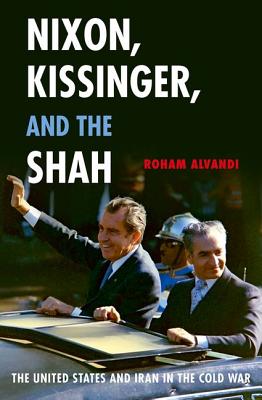Expedite your nonfiction book discovery process with Readara interviews, summaries and recommendations, Broaden your knowledge and gain insights from leading experts and scholars
In-depth, hour-long interviews with notable nonfiction authors, Gain new perspectives and ideas from the writer’s expertise and research, Valuable resource for readers and researchers
Optimize your book discovery process, Four-to eight-page summaries prepared by subject matter experts, Quickly review the book’s central messages and range of content
Books are handpicked covering a wide range of important categories and topics, Selected authors are subject experts, field professionals, or distinguished academics
Our editorial team includes books offering insights, unique views and researched-narratives in categories, Trade shows and book fairs, Book signings and in person author talks,Webinars and online events
Connect with editors and designers,Discover PR & marketing services providers, Source printers and related service providers

Nixon, Kissinger, and the Shah: The United States and Iran in the Cold War
History > United States - 20th Century
- Oxford University Press, USA
- Paperback
- 9780190610685
- 9.1 X 6.1 X 0.6 inches
- 0.85 pounds
- History > United States - 20th Century
- (Single Author) Asian American
- English
Readara.com
Book Description
Nixon, Kissinger, and the Shah offers a detailed account of three key historical episodes in the Nixon-Kissinger-Pahlavi partnership that shaped the global Cold War far beyond Iran's borders. It examines the emergence of Iranian primacy in the Persian Gulf as the Nixon administration looked to the shah to fill the vacuum created by the British withdrawal from the region in 1971. It then turns to the peak of the partnership after Nixon and Kissinger's historic 1972 visit to Iran, when the shah succeeded in drawing the United States into his covert war against Iraq in Kurdistan. Finally, it focuses on the decline of the partnership under Nixon's successor, Gerald Ford, through a history of the failed negotiations from 1974 to 1976 for an agreement on U.S. nuclear exports to Iran. Taken together, these episodes map the rise of the fall of Iran's Cold War partnership with the United States during the decade of superpower d�tente, Vietnam, and Watergate.
This work of American diplomatic history, international relations, and Middle Eastern Studies provides critical historic background on Iran's ambitions for primacy in the Persian Gulf, its nuclear program, and what a US-Iran strategic partnership might look like in the future.
Author Bio
Dr Roham Alvandi is Associate Professor of International History at the London School of Economics and Political Science. He is the author of Nixon, Kissinger, and the Shah: The United States and Iran in the Cold War (Oxford University Press, 2014), which was selected by the Financial Times as one of the best history books of 2014.
Most recently he is the editor of The Age of Aryamehr: Late Pahlavi Iran and its Global Entanglements (Gingko Library, 2018). He has written extensively on both Iran’s modern history and the history of U.S. foreign relations. His current research focuses on human rights activism in Europe and the United States and the origins of the 1979 Iranian Revolution. His work has appeared in the British Journal of Middle Eastern Studies, Cold War History, Diplomatic History, and Iranian Studies.
Dr Alvandi read for his MPhil and DPhil degrees at the University of Oxford and his doctoral thesis was awarded the Foundation for Iranian Studies’ Dissertation Prize and the University of Oxford’s Pavry Memorial Prize. He is also a graduate of the University of Sydney, where he received the University Medal, and the Fletcher School of Law and Diplomacy at Tufts University. Before joining the LSE, he worked on the strategic planning staff in the office of UN Secretary-General Kofi Annan.
He has held visiting appointments at the University of Tehran and Columbia University, and is a Fellow of the British Institute of Persian Studies and the Royal Historical Society. At the LSE, he is an affiliate of both the Phalen United States Centre and the Middle East Centre.
Dr Alvandi teaches courses at the LSE on both the history of modern Iran, as well as the history of the ‘United States in the World’. He welcomes applications from potential PhD students in both fields. He has been awarded both an LSE Excellence in Education Award in 2018 and an LSE Excellence in Education Promotion Prize in 2015.
Source: The London School of Economics and Political Science
Videos






Community reviews
No Community reviews

